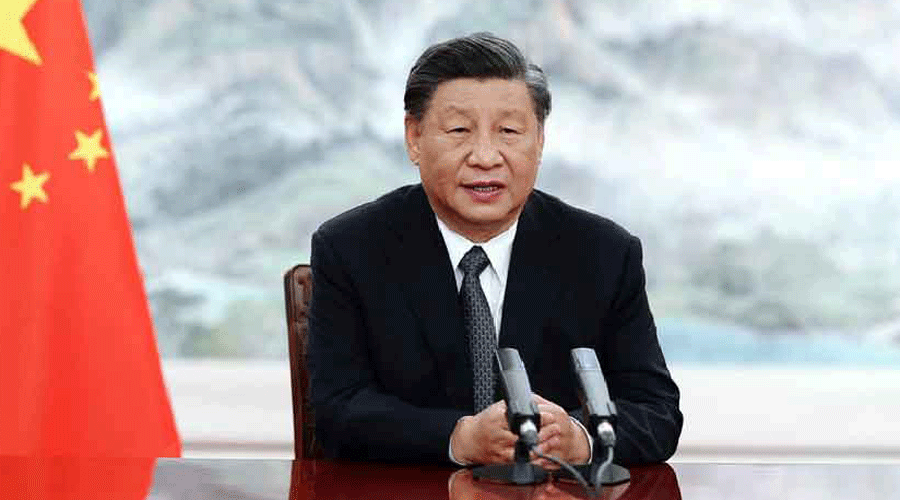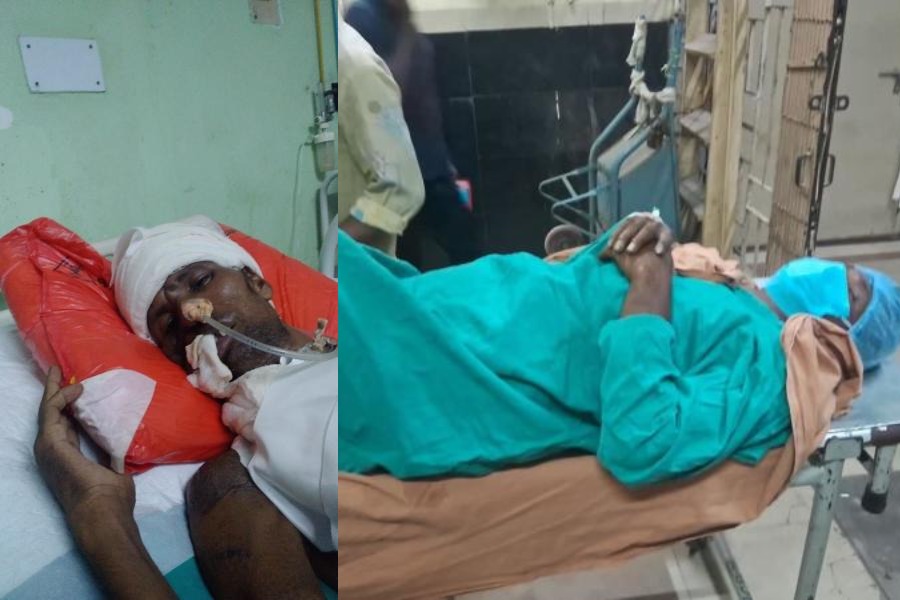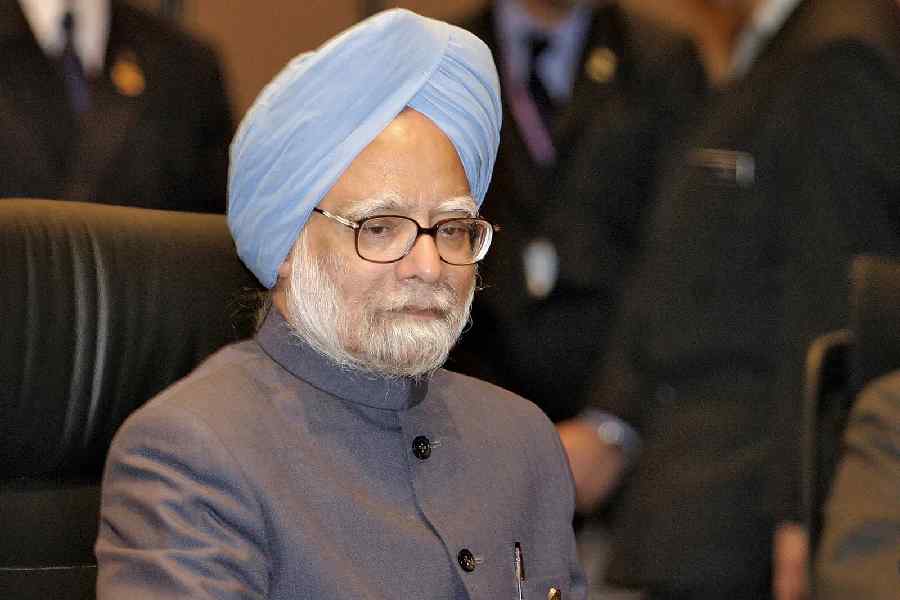China, grappling with a new wave of Covid-19 infections, took another step towards loosening its pandemic-related restrictions on Saturday when Hong Kong’s leader announced it would aim to reopen its borders with the mainland by mid-January.
Speaking at a news conference upon returning from Beijing, Hong Kong chief executive John Lee said authorities would aim to ”gradually, orderly and fully” reopen all entry points between the two sides, and coordinate with the government of nearby Shenzhen to manage the flow of people.
At present, individuals hoping to enter the mainland through Hong Kong can only do so through the city’s airport or two checkpoints — Shenzhen Bay or the Hong Kong-Zhuhai-Macau bridge. Entrants into the mainland must also undergo a period of hotel quarantine before they can move about freely.
Hong Kong and Beijing shut their borders in early 2020 as Covid first surfaced and they have remained closed since then, as China has capped inbound travellers as part of its strict ”zero-Covid” policy.
Beijing loosened China’s domestic zero-Covid restrictions earlier this month, dropping mandatory testing requirements and travel restrictions.
While many have welcomed the easing, families and the health system were unprepared for the resulting surge of infections. Hospitals are scrambling for beds and blood, pharmacies for drugs and authorities are racing to build clinics.
Shanghai plea
In advance of Christmas, Shanghai authorities urged residents to stay at home this weekend to curb the virus’s spread. The holiday is not traditionally celebrated in China, but it is common for young couples and some families to spend the holiday together.
Despite those warnings, an annual Christmas market held at the Bund, a commercial area, was packed with attendees. ”My friends are basically all positive, and all have basically recovered,” said Liu Yang, 23, an IT worker attending the market.
”We wanted to take advantage of Christmas, and it’s the weekend, we wanted to walk around and enjoy the air, so we came here.”
Still, the spread of omicron is dampening festivities for other retailers and eateries.
Many Shanghai restaurants have cancelled Christmas parties normally held for regulars, while hotels have capped reservations due to staff shortages, said Jacqueline Mocatta, who works in the hospitality industry.
”There’s only a certain amount of customers we can accept given our manpower, with a majority of team members who are unwell at the moment,” she said.
Infections in China are likely more than a million a day with deaths at more than 5,000 a day, British-based health data firm Airfinity said this week, describing the estimates as a ”stark contrast” to official data.
China’s national health authority on Saturday reported 4,128 daily symptomatic Covid-19 infections, and no deaths.










